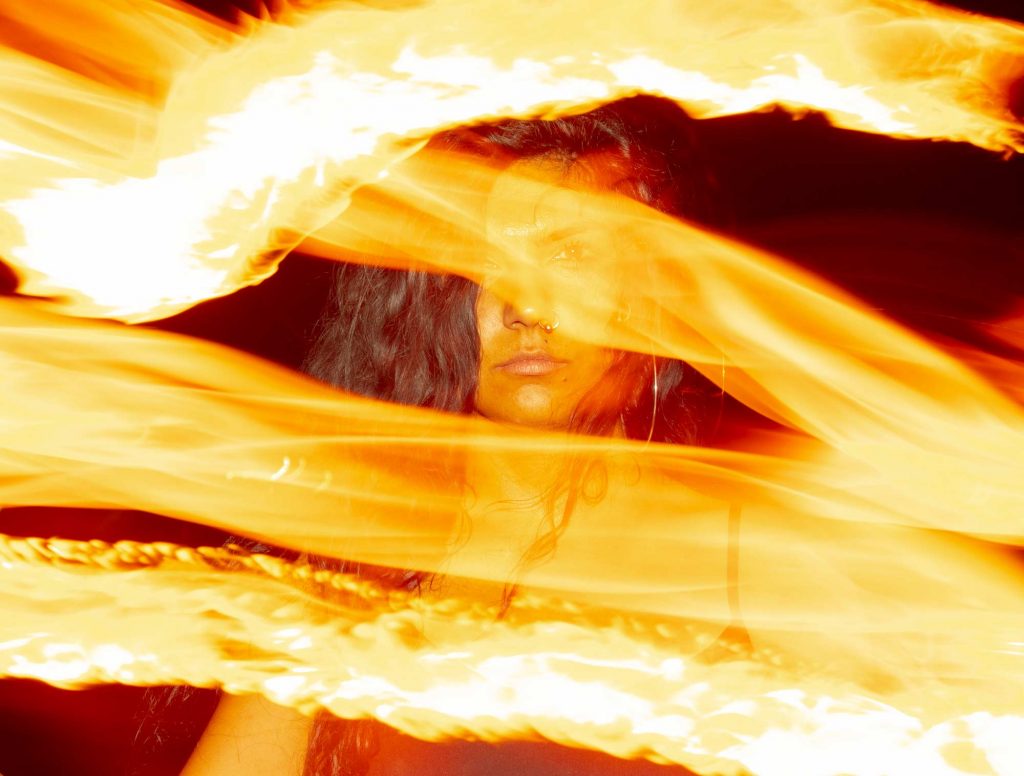Rohini
by Donka Kioseva
Don’t ask who I am
Where do I come from
Why am I here?
The road behind me is hard
I don’t have a name
I am…
Bitter truth
I bare my soul
I died and was born
I lost my face in the fire
It burned…
They cut off my wings
I am and I am not
White night sinful Tear..
Broken…
Nobody’s and nobody’s
Healthy and sick
Hard to love
A stranger on earth
Birth cry
Star…
Rohini
“Bitter truth” explores Bulgarian reality in which denial (Oпровержение) is common when it comes to cultural remembrance. To this day, Sinti and Roma communities face systematic discrimination and racism. The collective memory of the past appears to be obscured, especially among marginalized groups with limited access to education in Bulgaria. Others seem oblivious to the intricate details of historical events and the roles played by minority populations.
The three artists embarked on a journey to Donka Kioseva’s hometown of Swilengrad in Bulgaria, near the Turkish border, where they conducted interviews about the experiences of Sinti and Roma during the Second World War. Strikingly, they encountered scarce, if any, specific information. Bulgaria’s complex role during the Second World War is noteworthy; while it was an ally of Germany, it refused to send its Jewish population to concentration camps, a stance that seems to extend to other minority groups.

In “Bitter truth” Kioseva Kioseva guides us through her personal journey into the past, while Georgi explores strategies to amplify her voice and those of the past. The exhibition raises critical questions about how to preserve the cultural memory of Sinti and Roma, empower them to reclaim their history, and present this truth without exploiting a newfound angle or the vulnerabilities associated with it. It challenges us to become storytellers who share a collective perspective and to leverage our privileges, such as nationality, to uplift others according to their aspirations. The project invites us to explore diverse perspectives on remembering the past without a singular authority. While not all of these questions find resolution, this collaborative project unmistakably centers around the video’s star, Rohini: Kioseva. The past burns in her, as in everyone else. It is alive, even if not remembered. We need to see it in her eyes, her dance, her words, even if we cannot name it.
In the beginning of the video you hear Liana Georgi singing “Djelem Djelem”, the international hymne of Roma, known mostly through the performance of Barcelona Gypsy Klezmer Orchestra.